Graham Reid | | 7 min read
Chants R&B: I'm Your Witchdoctor (1966)
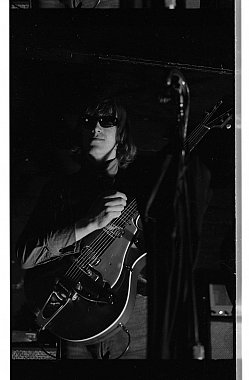
Chants R&B out of Christchurch in
the Sixties were a rare New Zealand band, on so many levels. Rare in
that they played exciting, noisy, feedback-infused rhythm and blues
rock at a time when most other New Zealand bands were following the
Beatles into bright pop.
Rare that they recorded a live album.
Rare that they were so often photographed.
Rare also that they were filmed.
And most rare and extraordinary of all
when you add these factors up, that they seldom left Christchurch but
played out their gigs in the Stage Door which, as film maker Jeff
Smith notes, was “their clubhouse.”
That explains why there was so much
visual and audio information for Smith to draw on for the Chants R&B
doco Rumble & Bang which has made with Simon Ogston.
And Chants R&B – who reformed for shows in 2007 and last year – equally have a rare documentarian in Smith, formerly of the post-punk ska band the Newmatics in the Eighties and who, at 49, was born the year the Chants started playing together.
“The Chants did Land of 1000 Dances
which we did,” says Smith “and I saw a bit of footage. But it had
[their song] Witchdoctor cut to it. The main thing for me was it came
from New Zealand and it came from Christchurch, and that's been the
whole learning thing.
“You could just do a doco on
Christchurch because it was punching well above its weight. As soon
as you start looking it's Ray Columbus and Max Merritt . . . “
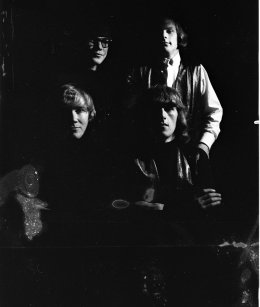 Because Christchurch had an American
military base and those guys brought their music to Christchurch when
they were posted there?
Because Christchurch had an American
military base and those guys brought their music to Christchurch when
they were posted there?
Yeah. We cover that in the doco and
show that Christchurch was our version of Liverpool.
I spoke a lot to Midge Marsden as well.
They came from Wellington but the difference between the Chants and
his band [Bari and the Breakaways] was that the Breakaways were playing
everywhere. Whereas the Chants played for two years in the one place.
I think they toured once and played two gigs outside Christchurch.
So they had this playground where they
could develop, and that is one of the main reasons they are what they
are.
They were able to incubate in this club and push things further with the freedom they had. If you play in the same club every weekend to the same people practically, you are looking for new ways to take it further and your audience is bringing you new records to learn from.
Like the Beatles. Before they got into
a recording studio they had that famous 10,000 hours of playing time
behind them. They got good.
Yeah, the Malcolm Gladwell 10,000 hours
thing. I read that book and a year later I was talking to these
[Chants] guys and it was exactly that. These guys practiced a lot and
played a lot. It makes sense, if you work hard at something you will
get good at it.
I had read years ago there was footage
of the Chants, did you know of that when you started?
I must have I think. Te Rupana Neil who edited the original footage for a clip [New Zealand rock historian] John Baker made told me there was three minutes worth. But
then I tracked down the guy who shot it, Fred Goldring who lives on
[Auckland's] North Shore, who handed me the film can and said, 'It's
yours, do what you want'. There was actually 16 minutes of it.
There was footage of people in the
coffee bar upstairs from the Stage Door. [Fred's] idea was to do a
day in the life of Chants R&B, so it had them arriving at the
club, setting up, playing and then going home.
Sixteen minutes from a club in '65,
Amazing.
It looks excellent crisp footage, was
it digitally enhanced?
I just transferred it again onto HD and
didn't want to muck too much with it. It would have been easy to take
it and do lots with it, but it's a historical document really. It's
our culture.
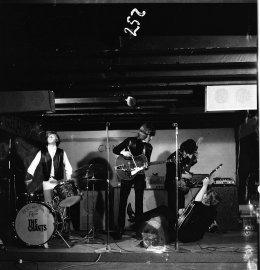 What took Fred into doing this project
at the time, because he would have been a young man at the time too?
What took Fred into doing this project
at the time, because he would have been a young man at the time too?
He was. He saw them and was in a film
or camera club and was blown away. He couldn't believe this band and
the music. I guess most of the music they were playing wasn't really
available either, so you'd turn up and hear music by the Pretty
Things or the Yardbirds or whatever. The chance of hearing it on
radio was slimmer, much like the Seventies with punk. In that regard
not much has changed.
So he bought three rolls of film and
shot it, but with 16mm there were all sorts of issues with lighting.
But even to get that footage is amazing and he pushed the boundaries
with camera and film stock because its quite difficult to shoot in an
underground club.
At the time you got the footage had you
spoken to any of the band?
I think by that stage I had. I saw the
footage and that they were doing a reunion gig in Christchurch so the
two things lined up. So I decided to go and do this, and spoke to the
drummer Trevor Courtney who said 'There's another guy in
Christchurch who wants to do a documentary about us as well'. And
this is how Simon got involved.
So it was a strange beginning when you
have two people interested in the same band. So we thought we might
as well do it together. So we pooled our resources and Simon shot some bits and I shot the rest and put it together up here.
You shot the reunion gig as well?
Yes, and John Baker had shot the 2007
one also which they played [in Auckland]. After a while we went to
Melbourne for an interview because [singer/guitarist] Mike Rudd lives
over there and we caught up with other people who were around, like
Dave Russell [of the Meteors and Invaders]. And he fits in nicely as the generation before. They
started to break down the barricades for the Chants and also created
a vacuum when they left. That enable the Chants to fill that, the
youth culture that was happening at the time.
You also have a lot of photos.
The Stage Door was run by Des Moynihan
later at TVNZ and he started with two English guys and one of them
[Gordon Cope-Williams] was an amazing photographer. We were in
Australia and got this motherlode of Chants photos from him.
He had two or three rolls of photos and
he'd taken all the publicity shots on two or three occasions. It was
unusual because we had all these photos, and fans took photos as
well.
And did the band members have clear
memories of that time?
I was going to put a collection of
people saying 'I don't remember' which was like a mantra for a while.
But when you talk to somebody about something that happened 40 years
ago it gets pretty hard.
People like John Baker and Andrew
Schmidt had been through it with them, people had written articles
and stories for the reunion, so a lot of the questions we asked
they'd been asked before. So we got a standard answer and it took a
while to get past that. It's easy to say the standard answer but we wanted more than that.
I'm a musician and if I think of other
programmes I've watched on New Zealand television they seem to be a
bit light. And I did want to have something which showed a bit about
the mechanics of the band, the important things like where they got
the material, the importance of playing the same club all the time .
. .
And the other things was, it was the
beginning of long hair. That idea of being different.
I talked to Dave Hurley [Breakaways, Human Instinct] about that too, the importance of growing their hair . . . then getting beaten up here and there. It was quite a time and funnily enough quite similar to the punk era.
They were reading NME
and buying their singles from that and importing them and learning
them and playing them.
But the doco is quite unique.
Strangely, there are not a lot of
documentaries about just one band in New Zealand.

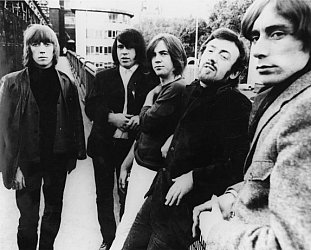
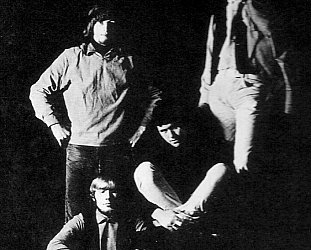
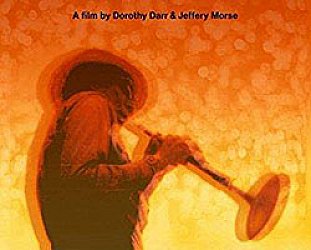

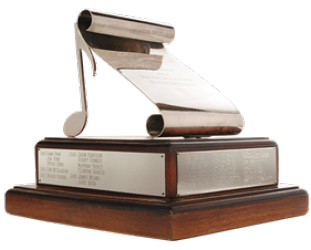
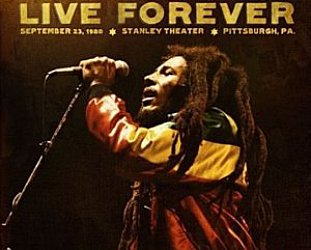
Brian Lewis - Jan 18, 2012
Greetings:
SaveMax and The Meteors still haven't quite left the 60s behind.
Max fans may be interested to know that a brand new live album, recorded in 1969 and never released, will be released in about a month or so.
If you want a full-length preview of every number on the album go to www.facebook.com/lostraxx and follow the links to the viinyl streams.
Enjoy, and believe it or not, we may actually make regular radio airplay on this one.
Cheers,
Brian Lewis, Producer
LosTraxx Records
post a comment